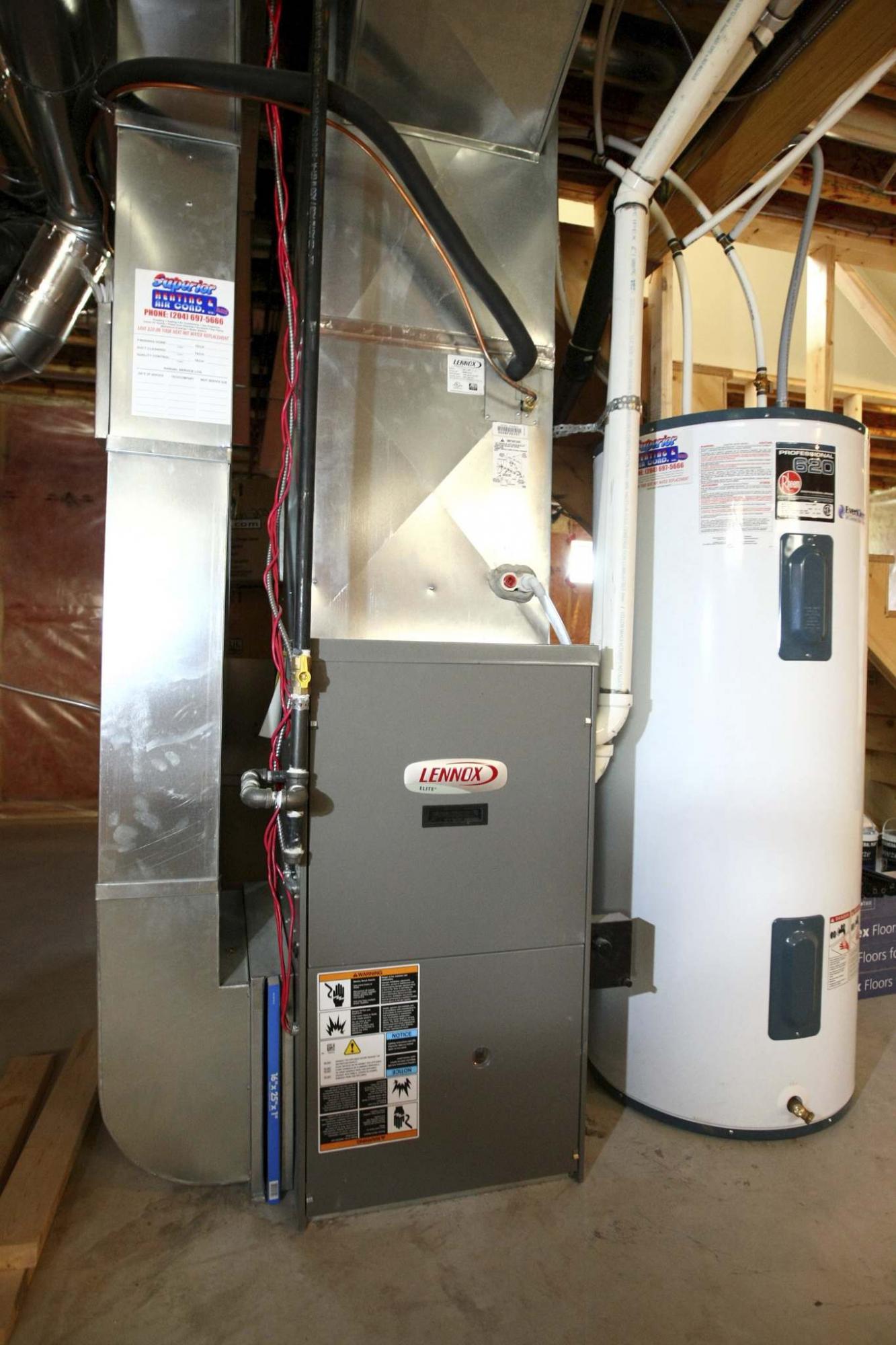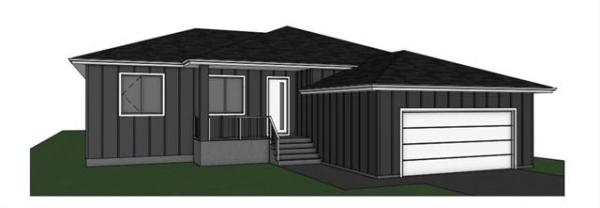
Trevor Hagan / Winnipeg Free Press Files
Although many new homes use high-efficiency gas furnaces and hot water tanks, installing an electric water heater in an existing home is likely safer and more cost effective.
Question: I recently had a hot water tank failure, necessitating the replacement of my 11-year-old gas water heater. Subsequently, I learned that the building code gods have deemed that for the last 43 years I have put my family’s life in danger by using the metal chimney to vent my gas water heater out of the same chimney as my gas furnace. I was informed that if I wanted to continue to use gas to heat my water and not asphyxiate anyone, I would have to install a chimney liner to reduce the inside of the current chimney to four inches in diameter, for a mere $950. Small price to pay to continue on living, I rationalized. Alternatively, I could switch to an electric water heater, which costs more to run. It also recovers slower and requires a double pole breaker in my already full electrical panel, for an additional cost of $700.
I have never had an issue with using gas and decided that the one-time cost of a chimney liner and ongoing lower operating cost over the life of the water heater was the way to go.
Think again, said the building code gods. When the technician arrived to install my new gas water heater, he asked me to turn on all of the powered exhaust fans in the house, and the dryer, and make sure there were no windows or doors open. He then performed a pressure test near the water heater vent and informed me that he could not install a gas heater because I failed the test. Was the test conducted correctly?
I now have a new electric water heater, but I had no other choices beyond power ventilated gas water heaters or on demand systems. Both of those other options are very expensive, especially for pensioners trying to stay in the home they have lived in for 43 years.
At this point I don’t have any idea if I am better off using electric water heating. I think that it would be wise for people to give themselves the opportunity to do due diligence on the gas vs electric water heating question, before they are faced with an emergency influenced decision.
— Nick Masniuk
Answer: Choosing between a gas-fired or electric water heater when upgrading used to lean toward gas, due to ease of change-over from their existing systems. The pendulum has now swung almost completely in the other direction, for several reasons. Your question has identified one that is not always considered, but is only one of the factors in favour of electricity for heating your household water.
You are correct that we rarely give much thought to the type of water heater we will install when our current one packs it in. As long as this almost silent system is operational, we don’t normally give it a second thought. But, as soon as there is a leak, or we have only cold water at the faucets, it jumps to the forefront. I was posed with this issue a few months ago when my 15-year-old electric unit shut down. It had leaked, partially onto the electrical connections, which had tripped the circuit breaker. I was only alerted to this when my wife complained of a cold shower early one morning. A quick search online, and several phone-calls later, I had a technician booked for my choice of a replacement unit later that day. Unlike in your situation, my only choices were the contractor, the model of water heater, and the capacity. Cost appeared to be fairly consistent among companies contacted which offered same-day service, as they obviously have a somewhat niche market with reasonable competition.
Your technician may have used a bit of an extreme example by purposefully depressurizing the home. By turning on all the exhaust fans and the dryer, he dramatically drew more air out of the home, all at once, than could be naturally replaced. While this scenario is unlikely in your normal daily routine, it is not out of the question and could indeed cause back-venting of a gas-fired water heater with a poorly sized flue. Even though this was not a known problem through your four decades in the house, you may have done several renovations that made this safety hazard more likely. New windows and doors, increased attic and basement insulation, and upgrading to a direct-vent furnace are normally the triumvirate that significantly tighten the building enclosure. This would make your house much less likely to draw in replacement fresh air when depressurized than when originally built. For that reason, the technician was correct in proving to you, with his smoke pencil, that the status quo was not acceptable.
The other two main reasons for switching to an electric tank, other than the safety aspects, are for environmental and convenience aspects. With this change, you will no longer need your chimney, so it can be sealed and forgotten or removed. That would negate worrying about any future repairs or upgrade, which are often costly. Finally, using electricity to heat your household water eliminates one more fossil fuel burning device, which reduces emissions and lowers your carbon footprint. As an added bonus there are normally less problems with electric water heaters, they rarely need service, and typically have a longer life expectancy than gas-fired units.
With my answers to your questions I hope I have helped, somewhat, in your quest for homeowners’ due diligence before faced with a sudden water heater replacement. Upgrading to an electrical water heater makes the most sense for a modern home without an older chimney-venting furnace, both for the safety aspects you describe and the other factors noted as well.
Ari Marantz is the owner of Trained Eye Home Inspection Ltd. and the past president of the Canadian Association of Home & Property Inspectors — Manitoba (cahpi.mb.ca). Questions can be emailed to the address below. Ari can be reached at 204-291-5358 or check out his website at trainedeye.ca.
trainedeye@iname.com



